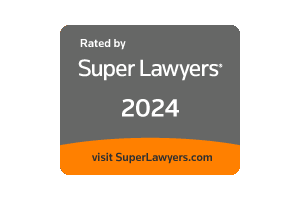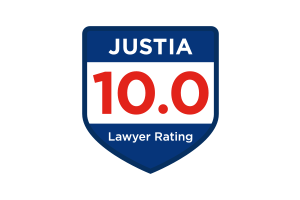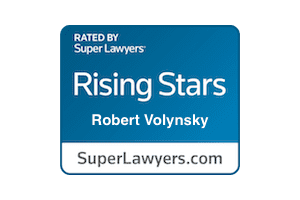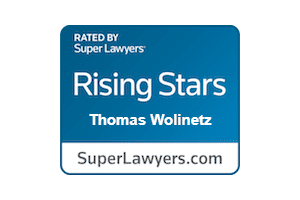



Hedge funds have become increasingly popular in the world of investments. Despite their popularity, some hedge funds were involved in high-profile investment frauds and scandals. These cases were caused by the questionable business practices of investment firms, which undermine the safety of a hedge funds scheme. If you want to invest in hedge funds and plan to use the services of brokers or other investment specialists, proceed with caution. It is important to contact an experienced and trusted hedge fund fraud attorney to explore the specifics of your investment opportunity. The New York hedge fund fraud lawyers at Weltz Law are here to help you.
Our New York hedge fund fraud lawyers can help investors who have been misled as a result of fraud. Call (877) 905-7671 to schedule your consultation.
A hedge fund is an investment vehicle that is typically used by individuals and institutional investors to gain access to more sophisticated strategies and alternative investments. Starting a hedge fund can be an attractive option for those looking to pursue their own investment goals and management style. However, it requires significant capital, knowledge of investing, and adherence to regulatory requirements. In this guide, we will explore the steps involved in starting a hedge fund.
Hedge funds pool money from accredited investors and then invest the money. These funds, however, are not subject to regulations that are designed to protect investors. In addition, hedge funds lend themselves to riskier and more flexible investments strategies, e.g., derivatives, short-selling, leverage, and other speculative investments. It is important to note that certain federal and state laws – concerning mutual funds – do not apply to hedge funds. For example, the SEC (U.S. Securities and Exchange Commission) states that hedge funds do not need to provide the same level of disclosure as mutual funds do. Without these disclosures, it is significantly more difficult than before to accurately evaluate the terms of a hedge fund investment or verify representations you will receive from it.
The main types of hedge fund fraud include:
These funds are liable for insider trading violations when securities are bought and sold in breach of a fiduciary duty, trust, or confidence. In addition, one can commit hedge fund fraud while selling or buying with nonpublic information about the security.
Misappropriation refers to the illegal use of funds of another person for personal and unauthorized purposes. The SEC defines Ponzi schemes as paying purported returns to existing investors with fund contributions from new investors. Ponzi scheme perpetrators typically solicit new investors by enticing them with high returns with little or no risk.
There are various types of hedge fund fraud schemes. A defendant can be charged with:
It is possible for you to be protected from a variety of federal and state offenses. If the fraud is committed, the Securities and Exchange Commission and Financial Industry Regulatory Authority (FINRA) can take action, or the FBI, the NY Attorney General, and other state and federal agencies may indict, arrest, and prosecute the perpetrators.
Because hedge funds do not need to register with the SEC, fraudulent brokers can solicit significant initial investment sums from investors and take advantage of them through over-optimistic claims. Not all hedge funds, however, are investment scams. In fact, most of these funds are legitimate investment vehicles designed for risk-tolerant and sophisticated investors. It is important to consult a New York hedge fund fraud lawyer if you suspect being on the receiving end of these investments. Contact us today.
Fill out the form below or call 877-905-7671 to schedule your free consultation
By Appointment Only
5 N Village Ave 2nd Floor
Rockville Centre, NY 11570
By Appointment Only
9171 Wilshire Blvd #500
Beverly Hills, CA 90210
Attorney Advertising | Prior results do not guarantee a similar outcome. The information on this website is for general information purposes only. Nothing on this site should be taken as legal advice for any individual case or situation. This information is not intended to create, and receipt or viewing does not constitute, an attorney-client relationship. This site is protected by reCAPTCHA and the Google Privacy Policy and Terms of Service apply.